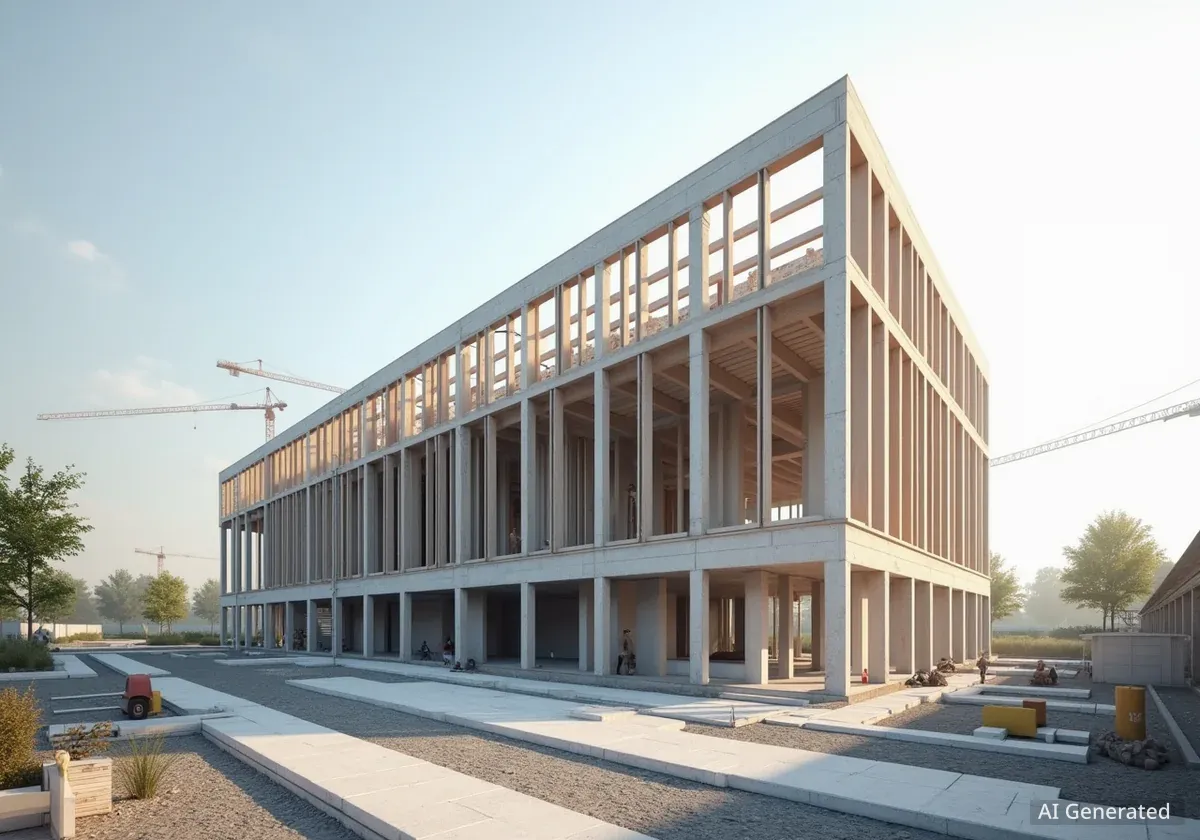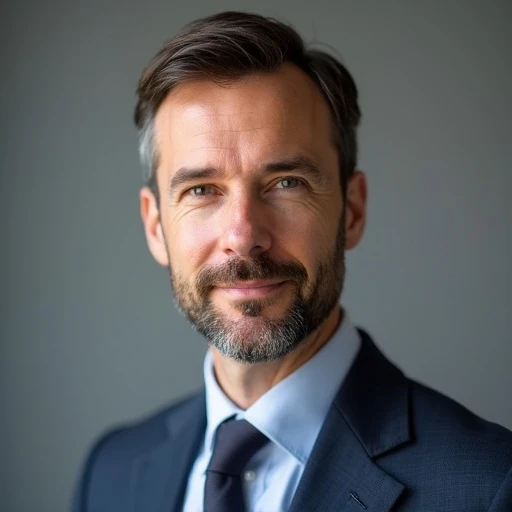David Lloyd Clubs has announced a £20 million investment to open a new state-of-the-art health and wellness facility in Manchester. The project, slated to open in early 2025, is expected to create over 150 permanent jobs and introduce advanced wellness technologies to the region.
The new club will be located at the TraffordCity retail and leisure complex, positioning it as a central hub for health and fitness in the area. This development is part of the company's broader UK expansion strategy, which focuses on integrating premium leisure amenities with community-focused wellness programs.
Key Takeaways
- David Lloyd Clubs is investing £20 million in a new facility in Manchester's TraffordCity.
- The project will create more than 150 full-time and part-time jobs.
- The club will feature a 100,000 sq ft space with advanced fitness equipment, swimming pools, and a luxury spa.
- The opening is scheduled for the first quarter of 2025 as part of a national expansion plan.
A Significant Boost for the Local Economy
The £20 million investment represents a substantial commitment to the economic development of the Greater Manchester area. The creation of over 150 jobs will provide a range of opportunities in hospitality, fitness instruction, and facility management, contributing directly to local employment.
Construction of the facility is also expected to support numerous temporary jobs within the local building and trade sectors. According to company projections, the club will attract thousands of members, further stimulating the local economy through increased footfall at the TraffordCity complex.
Strategic Location and Development
The choice of TraffordCity is strategic, placing the new club near a high-traffic retail and entertainment destination. This location provides easy access for residents across the region and complements the existing leisure offerings.
James Broughton, Managing Director for Peel L&P, the developer behind TraffordCity, commented on the new addition.
"The arrival of a David Lloyd Club at TraffordCity is a significant endorsement of our vision to create a premier retail and leisure destination in the UK. This world-class facility will enhance our offering and attract even more visitors to the area."
Advanced Facilities and Wellness Technology
The new Manchester club will span over 100,000 square feet, designed to offer a comprehensive range of health and wellness services. The facility will incorporate cutting-edge technology to enhance the member experience and provide personalized fitness solutions.
Key features of the club will include multiple swimming pools, a large state-of-the-art gym, and dedicated studios for various fitness classes.
Facility at a Glance
- Total Area: 100,000 sq ft
- Indoor Pool: 25-meter lane pool
- Outdoor Pool: 20-meter heated pool
- Spa Facilities: Hydrotherapy pools, saunas, steam rooms
- Fitness Studios: 5 dedicated studios for classes like yoga, HIIT, and cycling
Integration of Smart Fitness
A central feature of the new gym will be its integration with smart fitness technology. Members will have access to equipment that tracks performance, suggests workout adjustments, and syncs with personal wellness apps. This data-driven approach is designed to help individuals achieve their fitness goals more effectively.
According to a statement from David Lloyd Clubs, the facility will also pilot a new AI-powered personal training program. This system will offer customized workout plans based on user data and progress, providing a more accessible alternative to traditional personal training.
Focus on Family and Community
While offering premium adult facilities, the new club is also designed with a strong focus on family-oriented activities. The development includes dedicated spaces and programs for children, reinforcing the brand's commitment to community and family wellness.
David Lloyd Clubs Background
Founded in 1982, David Lloyd Clubs operates over 130 clubs across the UK and Europe. The company has established itself as a leading name in the premium health and fitness sector, known for its extensive facilities that often include tennis courts, spas, and family-friendly amenities.
The Manchester facility will feature a DL Kids area, offering specialized coaching and activities for children. This allows families to integrate health and fitness into their lifestyle in a shared environment. Additionally, the club will include a café, restaurant, and an adult-only lounge area to serve as social spaces for members.
"Our goal is to create more than just a gym; we want to build a community where families can spend quality time together while pursuing a healthy lifestyle," said Glenn Earlam, CEO of David Lloyd Leisure. "This new club in Manchester is a cornerstone of that vision."
Part of a National Expansion Strategy
The Manchester project is a key component of David Lloyd Clubs' ongoing expansion across the United Kingdom. The company has identified several key urban and suburban areas for new developments, driven by a growing consumer demand for premium wellness experiences.
This strategy involves both building new clubs and refurbishing existing ones to meet modern standards. The company has invested over £100 million in its UK portfolio over the last three years.
The expansion reflects a broader trend in the leisure industry, where consumers are increasingly seeking high-quality, all-in-one destinations for fitness, relaxation, and social activities. The success of this model will likely influence future developments in the UK's health and wellness market.





